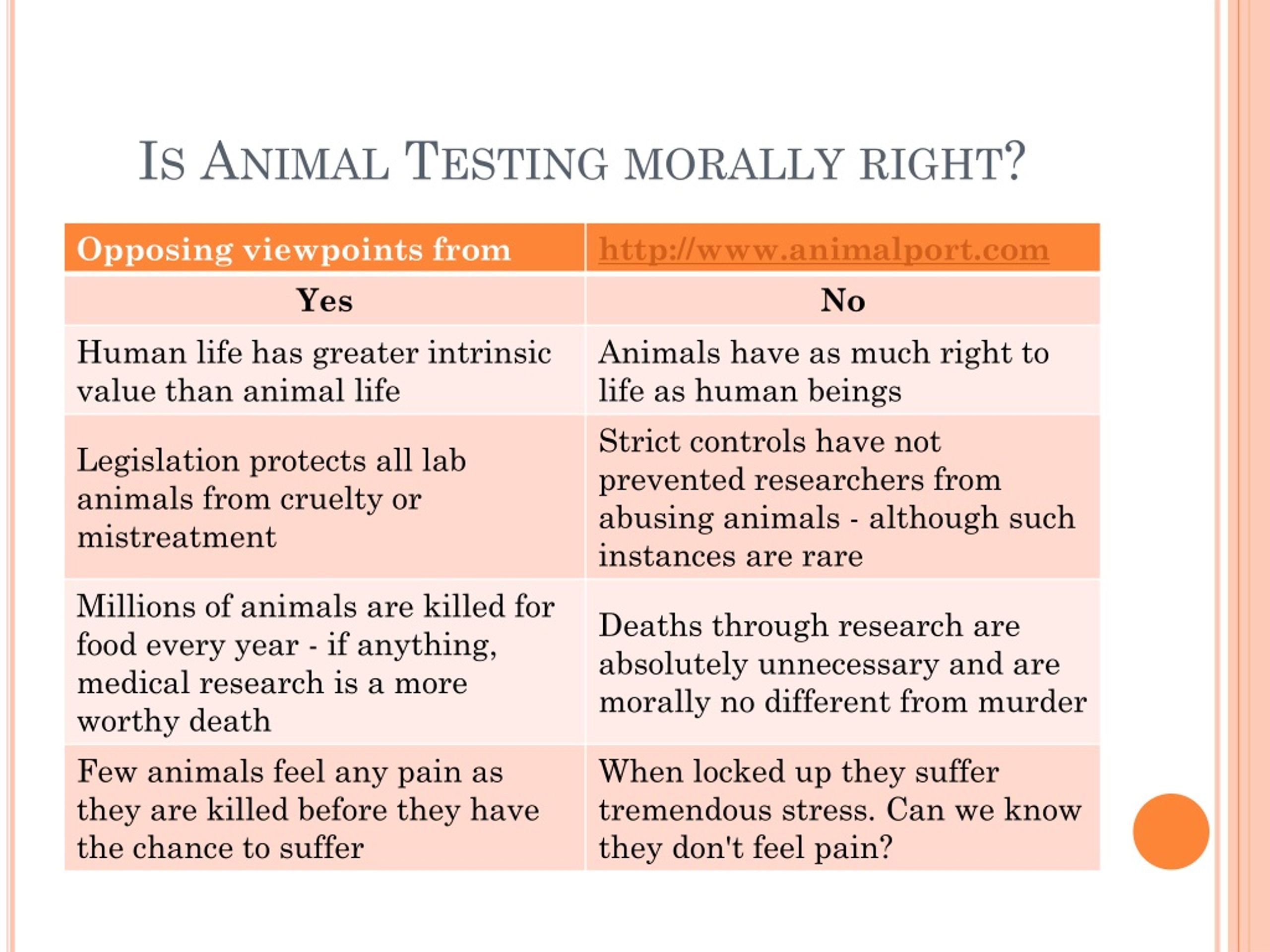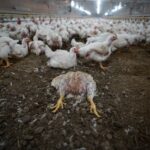In a world that oscillates between compassion and callousness, the question of whether animal cruelty can ever be justified is akin to navigating a shadowy labyrinth fraught with moral dilemmas and ethical conundrums. This complex issue invites us to examine the variegated tapestry of values that shape our understanding of humanity’s relationship with the animal kingdom. Advocates for animal rights frequently contend that the infliction of harm upon sentient beings is indefensible under any circumstances. However, the discourse is far from monolithic.
When scrutinizing the multifaceted layers of animal cruelty, it is essential first to elucidate what constitutes cruelty itself. Animal cruelty can be categorized broadly into active and passive forms. Active cruelty involves deliberate acts of violence, such as physical abuse or neglect, while passive cruelty often manifests in the form of systemic neglect or exploitation. This bifurcation sets the stage for a broader discussion about the moral implications of both forms, as well as the societal norms that either condone or condemn them.
One prevailing justification for animal cruelty is the argument that certain practices yield beneficial outcomes for humanity, often framed within the contours of scientific progress and medical advancement. The age-old device of utilizing animals for experimentation serves as a prime example. Proponents argue that animal testing can lead to significant breakthroughs in medical science, thereby alleviating human suffering. To them, the end—potentially saving human lives—can outweigh the means, which include exploiting and harming animal subjects.
However, this utilitarian perspective raises poignant questions about the intrinsic value of life. It presupposes that the lives of animals hold lesser significance than those of humans, a notion that is increasingly being challenged by evolving societal norms and an expanding awareness of animal sentience. This sentiment suggests that animals experience pain, fear, and suffering in ways that are analogous to humans, which complicates the moral calculus traditionally employed by proponents of animal testing.
Furthermore, consider the ethical ramifications of deriving moral justifications based on speciesism—the assumption of human superiority over non-human beings. This mindset, entrenched in many cultures, perpetuates a cycle of exploitation that serves as a convenient shield for those seeking to rationalize their actions. Nevertheless, as society advances, the ethical framework surrounding animal rights is gradually shifting. Public scrutiny of industries predicated on animal cruelty, such as factory farming and cosmetic testing, has intensified, leading to an increasing call for humane alternatives.
Another common justification for animal cruelty rests on cultural norms and traditions. In many societies, practices such as hunting, animal sacrifice, and the consumption of certain species are deeply ingrained customs. Defenders of these traditions often argue that they are inextricably linked to identity, survival, or even ecological balance. Yet, the question remains: do such cultural practices underpin a legitimate moral framework, or are they relics that ought to be discarded in light of modern ethical standards?
As we dissect these justifications, it becomes pertinent to consider the broader socio-political context in which animal cruelty often occurs. Systems of power and privilege most certainly influence which beings are deemed deserving of compassion. The intersectionality of speciesism with other forms of discrimination—such as racism, sexism, and classism—impacts societal attitudes toward animals. This complicity within social hierarchies raises the question: can cruelty ever be justified if it perpetuates systemic inequalities?
The moral landscape surrounding animal cruelty is undoubtedly fraught with contradictions, but these complexities can serve as fertile ground for introspection. It compels us to confront uncomfortable truths about our own beliefs, lifestyle choices, and the implicit biases that exist within societal structures. The key is to engage in a sincere dialogue that transcends self-serving justifications. Listening to the voices of those who advocate for animal rights can illuminate pathways toward more ethical choices and a deeper understanding of moral responsibility.
Moreover, as the scientific community explores alternative methods of research—such as in vitro testing and computer modeling—there may be an opportunity for a paradigm shift. These alternatives not only promise to reduce reliance on animals but also challenge entrenched ideas about the necessity of animal testing. Emphasizing the moral imperative to pursue humane methods reflects a growing awareness that advances in science need not come at the expense of ethical considerations.
The question of whether animal cruelty can ever be justified elicits visceral reactions, often revealing deep-seated beliefs. However, an integral part of reconciling these sentiments lies in acknowledging the continuum of moral realities, where justifications for suffering can falter under scrutiny. Challenging the status quo requires courage. As we navigate this moral minefield, perhaps the most compelling approach is to adopt a mindset of empathy and stewardship towards all living beings. In doing so, we may begin to illuminate a future where compassion supersedes cruelty, and all sentient beings are granted the respect and dignity they inherently deserve.
In conclusion, while the justifications for animal cruelty may vary widely, the overarching ethical dilemma remains: does the suffering of one species ever truly outweigh the well-being of another? Engaging with this inquiry requires a commitment to examining our entrenched beliefs, fostering compassion, and advocating for a more humane world. Ultimately, the path toward ethical clarity is paved with thoughtful consideration, compassion, and an unwavering commitment to justice.








